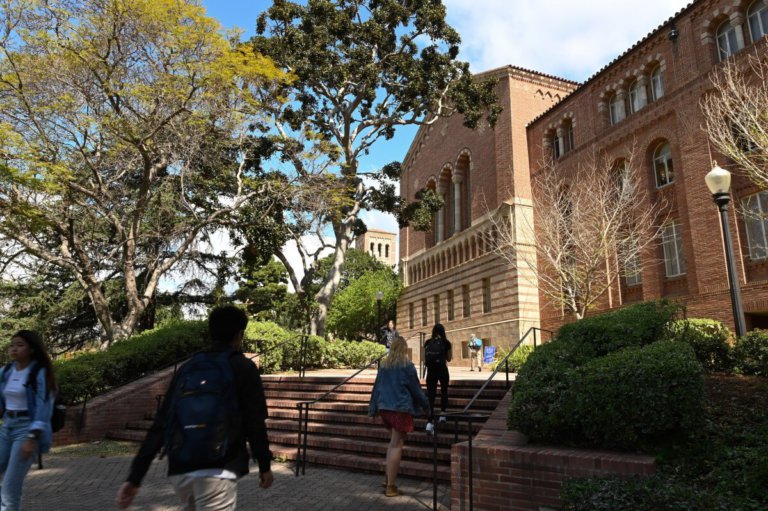
International students in the US no longer face deportation if they do not show up for in-person classes this fall. The US government has swiftly reversed a controversial rule by ICE that would have subjected F-1 and M-1 US student visa holders to deportation if all their fall classes are online.
At the hearing Tuesday on a lawsuit filed last week by Harvard University and the Massachusetts Institute of Technology (MIT) against the federal directive, Judge Allison Burroughs said the government and the universities reached a settlement, under which “both the policy directive and the frequently asked questions would not be enforced anyplace”.
“I have been informed by the parties that they have come to a resolution,” Burroughs said. “They will return to the status quo.”
In a statement addressed to members of the Harvard community, Harvard President Lawrence Bacow called this a “significant victory”.
“I have heard from countless international students who said that the July 6 directive had put them at serious risk. These students — our students — can now rest easier and focus on their education, which is all they ever wanted to do.”
“While the government may attempt to issue a new directive, our legal arguments remain strong and the court has retained jurisdiction, which would allow us to seek judicial relief immediately to protect our international students should the government again act unlawfully.”
The sudden rule change sparked anger and confusion among university communities in the US, leading to the lawsuit filed by MIT and Harvard. Over 59 public and private colleges including all the Ivy League institutions, Johns Hopkins University, Stanford University, Duke University and Emory University supported the lawsuit.
Other universities and states, as well as a group of international graduate students in California, filed separate lawsuits.
Tech giants Google and Microsoft also signed a brief in a show of support to the MIT and Harvard lawsuit, stating that the ban will make it hard for them to recruit top foreign talent from US universities.
Arguing that the directive was a move by the government to force universities to reopen, MIT and Harvard’s lawsuit highlighted issues such as the danger for international students to return home, and that densely populated classrooms could turn into “super-spreader” situations.
Under pressure from the backlash, the Trump administration agreed to reverse the rule on July 14, thus safeguarding the status of US student visa holders in fully-online courses this fall.

A family celebrating a graduation walks through San Jacinto Plaza on July 1, 2020 in El Paso, Texas. The US has swiftly reversed a controversial rule by ICE that would have subjected F-1 and M-1 US student visa holders to deportation if all fall classes at their university are online. Source: Cengiz Yar/Getty Images/AFP
In a statement, MIT President L. Rafael Reif said, “On behalf of our students and the entire MIT community, we are pleased by this turn of events.
“I have been inspired by the outpouring of support for our position that flooded in from higher education and other organisations so quickly.”
Although this is good news for international students hoping to remain in the US for the fall semester, Abigail Boggs, assistant professor of sociology at Wesleyan University, told CNBC that the case is not fully over.
“It is still not clear how or if visas will be available for incoming students. And the harm done to how students from outside the US feel about coming is immense.”
Liked this? Then you’ll love…
Universities react to shocking decision on F-1 student visas in the US
Here’s how international students can protect themselves from common scams







